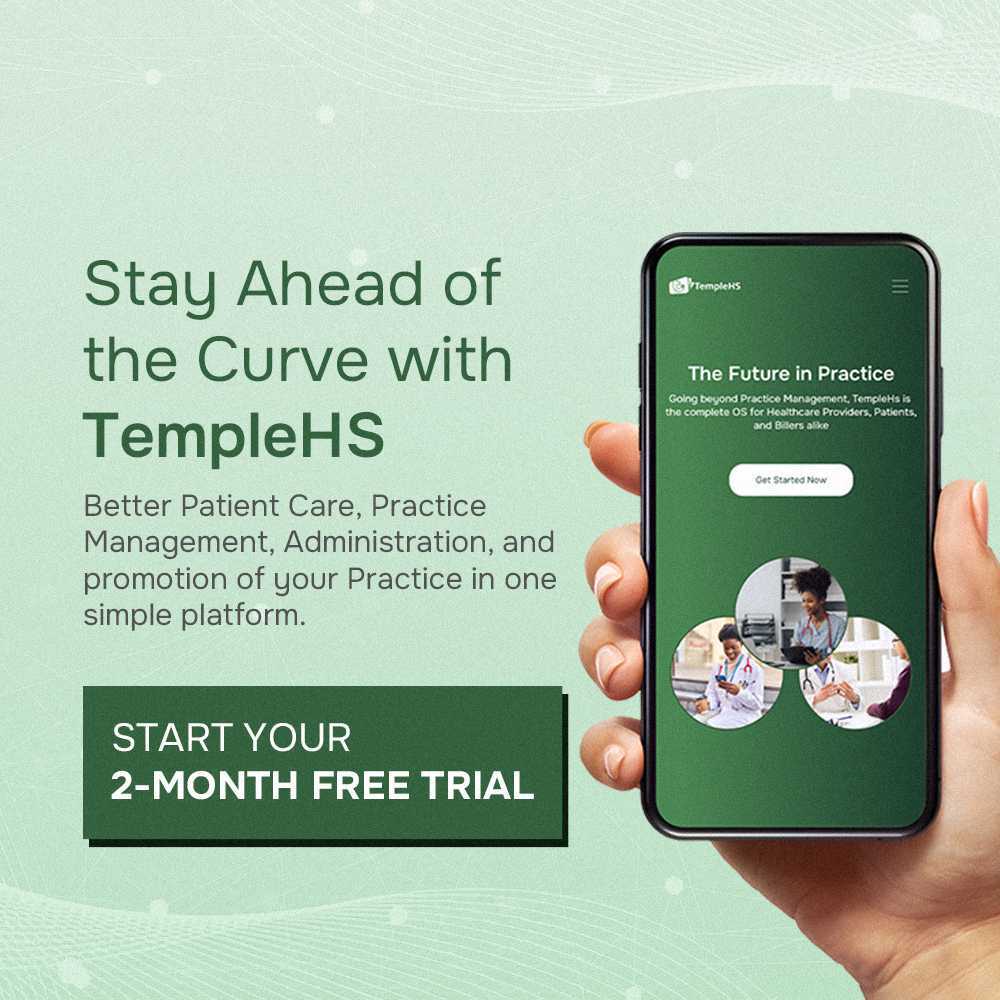Double-bookings can disrupt the flow of a healthcare practice, lead to patient frustration, and put added pressure on practitioners and staff. While these scheduling conflicts are sometimes unavoidable, there are effective ways to handle double-bookings with minimal impact. By employing proactive strategies and clear patient communication, healthcare providers can manage double-bookings smoothly, maintain trust, and provide a positive experience for all patients.
This post will cover strategies for managing double-bookings, from preventive scheduling practices to clear patient communication.
How to Handle Double-Bookings in Healthcare
1. Identify the Cause of Double-Bookings
Understanding why double-bookings happen is key to preventing them. Common causes include over-scheduling, last-minute urgent appointments, and lack of real-time calendar updates. By identifying patterns, such as peak times or specific practitioners who tend to get double-booked, you can take steps to adjust scheduling policies or add extra buffer time to reduce conflicts.
2. Implement a Real-Time Scheduling System
A digital scheduling system that updates in real-time can significantly reduce the likelihood of double-bookings. Many scheduling platforms offer features like conflict alerts and open slot notifications, which allow staff to see overlapping appointments immediately. Implementing such a system helps prevent accidental double-bookings and enables staff to respond more efficiently if they do occur.
3. Use Buffer Slots for Unexpected Delays
Building buffer slots into the daily schedule creates flexibility to accommodate unforeseen delays, urgent appointments, or double-bookings. Scheduling a few “floating” time slots throughout the day can provide extra time for addressing overlapping appointments without greatly disrupting the day’s schedule. If double-bookings occur, these slots help manage the timing without compromising other appointments.
4. Prioritize Appointments Based on Urgency
In cases where double-bookings cannot be rescheduled, prioritize appointments based on the urgency and medical need of each patient. For example, prioritize follow-ups or time-sensitive consultations over non-urgent visits. If a rescheduling is necessary, make it a priority to find a convenient time for the affected patient and offer alternatives.
5. Communicate Promptly and Transparently with Patients
Open communication is essential in managing double-bookings. If a double-booking occurs, inform the affected patients as soon as possible. Apologize for the inconvenience, explain the situation briefly, and offer options. If a patient needs to wait, provide an estimated wait time and keep them updated. Patients are more understanding when they feel they’re being treated with respect and consideration.
6. Offer Rescheduling Options and Alternatives
When double-bookings require rescheduling, offer flexible options for the affected patient. This could include alternative appointment times, weekend slots (if available), or telemedicine options. Being flexible demonstrates your commitment to accommodating their needs and minimizes disruption to their schedule.
7. Create a Patient-Centered Waiting Experience
If a double-booking results in an extended wait time, make the waiting experience as comfortable as possible. Ensure the waiting area is welcoming, with refreshments, reading materials, and access to Wi-Fi. Consider updating patients about wait times if there are delays. A well-maintained and patient-centered waiting area helps reduce frustration and enhances the overall experience.
8. Review and Adjust Scheduling Policies Periodically
Regularly reviewing scheduling policies helps identify areas for improvement and reduce double-bookings. Analyze scheduling data periodically to detect patterns, such as specific days or times that see more conflicts, and adjust policies accordingly. Small adjustments, like adjusting the time allocated for appointments or increasing buffer slots, can reduce double-bookings and enhance scheduling efficiency.
Conclusion
Double-bookings can be a challenge for healthcare practices, but with proactive scheduling practices, efficient use of scheduling software, and open communication with patients, they can be managed effectively. By prioritizing patient needs, offering flexible options, and creating a comfortable waiting experience, healthcare providers can minimize the impact of double-bookings, maintain patient satisfaction, and create a smoother flow in daily operations.



